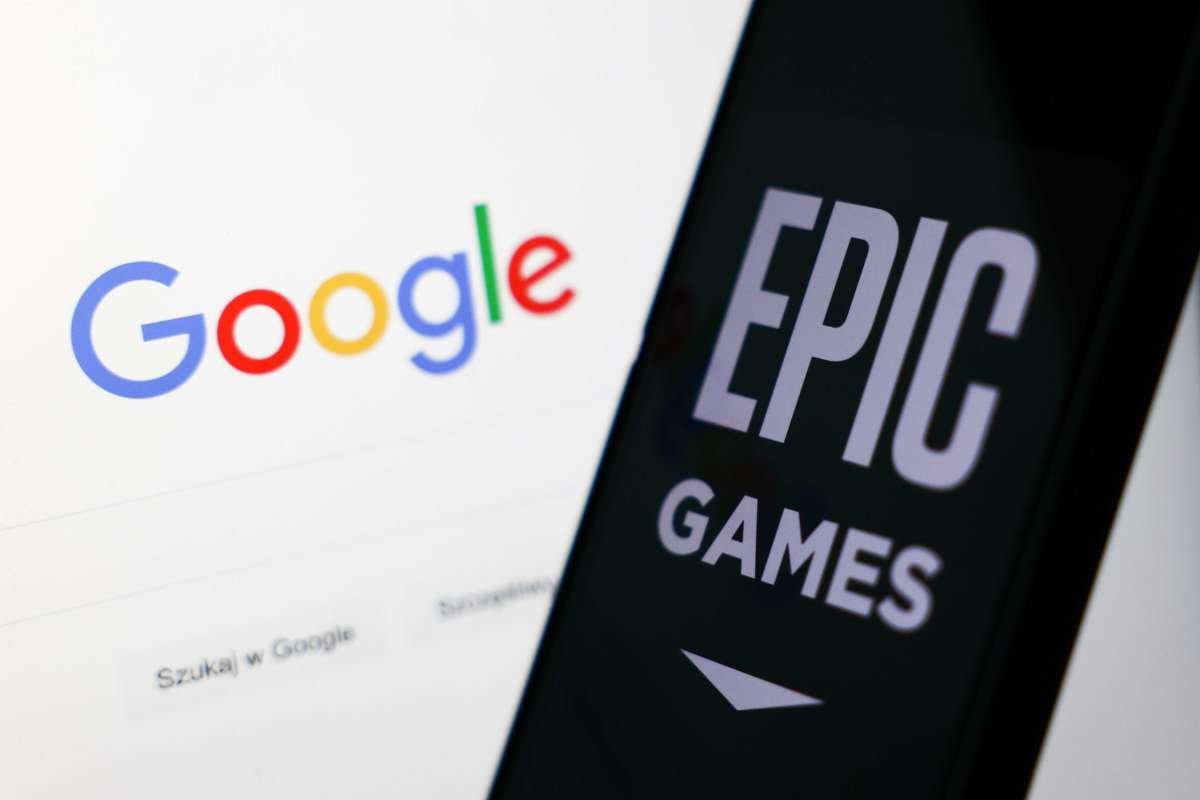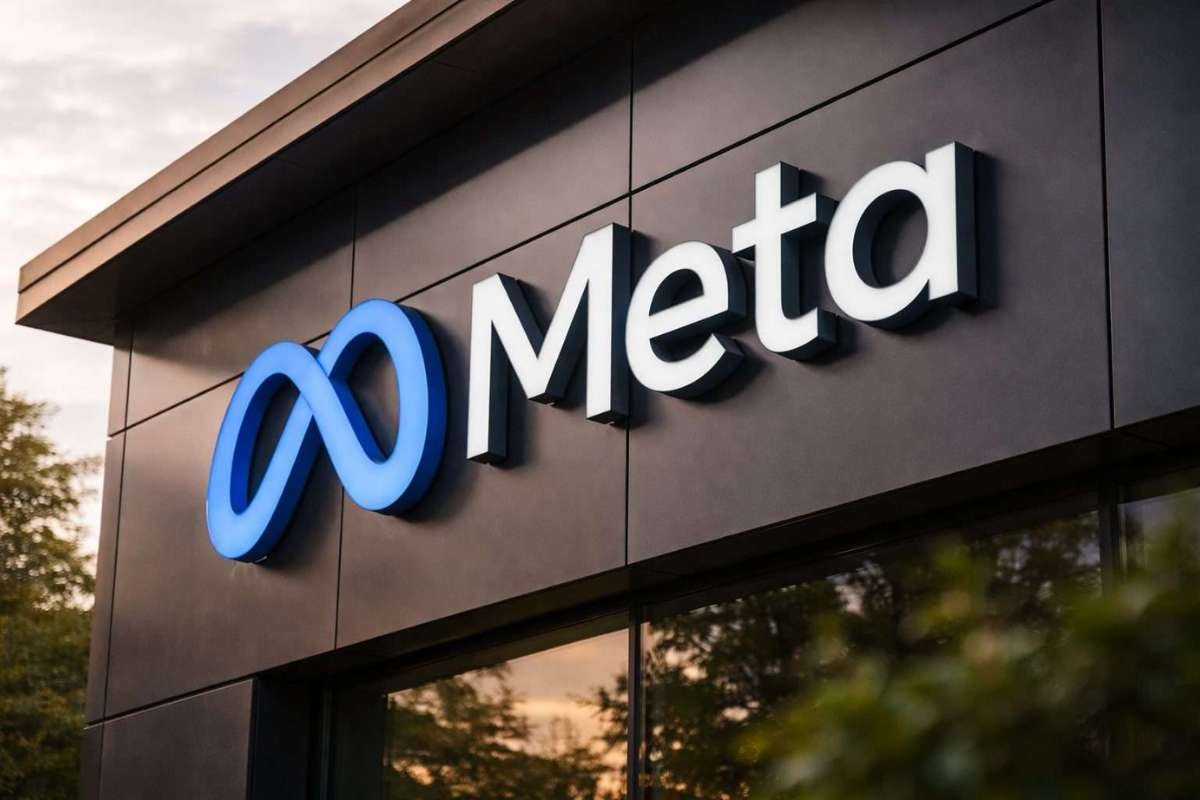Key Points:
- Google and Epic Games resolved their long-running legal dispute over Android app policies.
- The settlement introduces reforms that promote fair competition and developer freedom.
- App store changes will give users and developers more control over payments and app distribution.
Google and Epic Games have reached a landmark settlement that could redefine how Android users download and pay for mobile apps. Filed in the U.S. District Court for the Northern District of California, the agreement marks the end of a years-long antitrust feud over Google’s control of the Android app ecosystem.
Under the proposed reforms, Google will allow users to install and update third-party app stores more easily, provided they meet certain security standards. Additionally, app developers will have greater freedom in choosing their payment systems. This move is seen as a significant shift from Google’s previous policies, which critics claimed restricted competition and inflated fees for developers.
A key aspect of the proposal from Google and Epic Games includes capping service fees. For apps installed or updated after October 30, 2025, Google plans to limit its commission to either 9% or 20% when developers use alternative billing systems or link to external payment pages. Epic Games CEO Tim Sweeney praised the move, describing it as a return to Android’s original promise of openness and user choice.
Legal Background and Settlement Details
Epic’s battle with Google dates back to 2020, when the Fortnite developer accused the tech giant of monopolizing app distribution and in-app payments on Android devices. The case gained traction in 2023 when a jury ruled in favor of Epic, concluding that Google had used its dominance to stifle competition. The following year, a federal judge issued an injunction ordering Google to loosen its restrictions, a decision the company unsuccessfully appealed.
The latest agreement seeks to resolve not only the original 2020 lawsuit but also Epic’s more recent legal challenge against both Google and Samsung. While Google and Samsung reached their own settlement earlier in 2025, this new deal consolidates the broader dispute into one resolution.
As part of the settlement terms, Google and Epic Games have proposed oversight mechanisms to ensure compliance, including a three-member technical committee that will handle potential disputes regarding the implementation of new policies. The companies have also requested that the court modify the previous injunction to align with the proposed reforms while keeping transparency measures in place.
Industry Impact and Future Outlook
If approved by Judge James Donato, the settlement between Google and Epic Games could have sweeping implications for the mobile app industry. The agreement would effectively open up Android to more competition, granting developers and consumers greater control over how apps are downloaded, updated, and monetized.
Industry experts believe the deal could serve as a model for future global app store regulations, particularly in regions where governments are pushing for greater transparency and fairness in digital marketplaces. Developers stand to benefit from reduced fees and increased flexibility, while consumers may see more diverse and affordable app options.
Despite this breakthrough, Google continues to face broader antitrust scrutiny over its search and advertising businesses. Regulators in several countries are watching the outcome closely, viewing it as a potential blueprint for addressing tech monopolies.
The proposed settlement between Google and Epic Games is more than a legal truce; it’s a pivotal moment for the tech industry. It signals a shift toward a more competitive, developer-friendly digital ecosystem, reshaping how mobile platforms operate and setting new standards for app store fairness worldwide.
Sources:


















